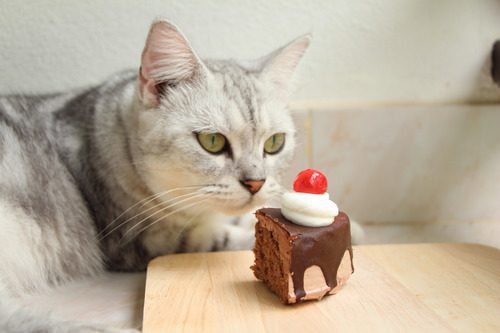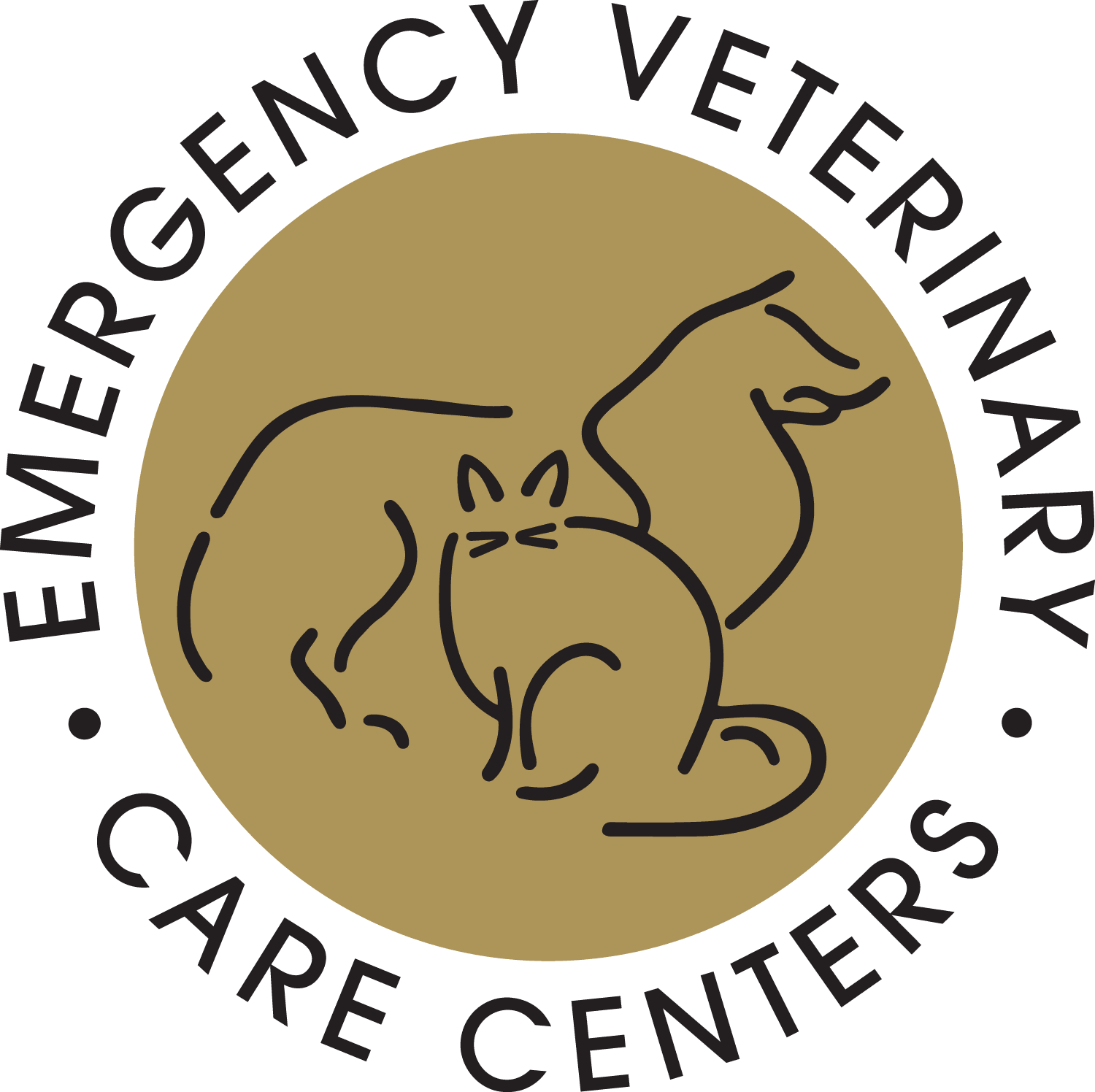8 People Foods Cats Can’t Eat
Cats are curious by nature, often exploring their environment and getting into things they shouldn’t. This curiosity can lead them to investigate the food you leave on your counter or plate. While sharing snacks with your feline friend might seem harmless, many human foods can harm their health. Being aware of which “people” foods cats can’t eat can help prevent unnecessary health emergencies and keep your pet safe. Below, we’ll explore eight common foods that should never be part of your cat’s diet and why they can pose a danger.

1. Chocolate
Chocolate is toxic to cats, just as it is to dogs. It contains substances called theobromine and caffeine, both of which are dangerous for cats. Even a small amount can cause symptoms such as vomiting, diarrhea, rapid breathing, and seizures. Dark and baking chocolates are particularly hazardous because they have higher concentrations of theobromine. If your cat ingests chocolate, it’s essential to contact your veterinarian immediately, as it could lead to life-threatening complications.
2. Onions and Garlic
Onions, garlic, and related vegetables (such as shallots and chives) contain compounds that can damage your cat’s red blood cells, leading to anemia. Whether raw, cooked, or powdered, these ingredients should never be given to cats. Ingesting even small amounts over time can result in symptoms like lethargy, reduced appetite, and pale gums. If you suspect your cat has consumed onions or garlic, seek veterinary assistance promptly.
3. Grapes and Raisins
While grapes and raisins are a healthy snack for humans, they can cause acute kidney failure in cats. The exact toxic compound in grapes and raisins remains unknown, but the effects can be severe, even in small amounts. Symptoms of grape or raisin toxicity include vomiting, diarrhea, lethargy, and reduced urination. It’s vital to keep these foods well out of reach and dispose of them securely to prevent your cat from accidentally ingesting them.
4. Alcohol
Alcohol is highly toxic to cats, even in small quantities. This includes beer, wine, liquor, and foods containing alcohol as an ingredient. Ingesting alcohol can lead to serious health issues such as vomiting, difficulty breathing, low body temperature, and even coma. Cats are particularly susceptible to alcohol poisoning due to their small size, making it crucial to clean up spills and ensure alcoholic beverages are kept out of their reach.
5. Xylitol
Xylitol, a sugar substitute commonly found in sugar-free gum, candies, baked goods, and some peanut butters, is extremely dangerous for cats. While it primarily affects dogs, xylitol can also cause adverse effects in cats, such as hypoglycemia (low blood sugar) and liver failure. Symptoms of xylitol poisoning include vomiting, weakness, and loss of coordination. Always check ingredient labels before sharing snacks with your cat and avoid offering anything that contains this harmful sweetener.
6. Caffeine
Caffeinated beverages and foods, including coffee, tea, energy drinks, and even chocolate, can cause caffeine poisoning in cats. Cats are highly sensitive to caffeine because their bodies process it much slower than humans. Ingesting caffeine can result in restlessness, rapid breathing, heart palpitations, and tremors. Avoid leaving caffeinated items unattended, as even small sips or crumbs can lead to serious health problems.
7. Raw Dough
Raw dough, particularly yeast-based dough used for baking bread and pastries, can expand in a cat’s stomach, causing severe discomfort and potentially life-threatening complications. Additionally, as the dough ferments, it produces alcohol, which, as noted earlier, is toxic to cats. Symptoms of raw dough ingestion include bloating, vomiting, and distress. If your cat consumes raw dough, immediate veterinary care is necessary.
Why Cooked Bread is Safer
Cooked bread, in moderation, is generally safe for cats because the yeast has been neutralized during the baking process. However, bread should never replace a balanced cat diet and should only be offered occasionally as a treat.
8. Dairy Products
While many people associate cats with milk, most adult cats are lactose intolerant. This means they lack the enzymes needed to digest lactose, the sugar found in dairy products. Consuming milk, cheese, or other dairy can lead to gastrointestinal upset, including diarrhea and bloating. Instead of dairy, opt for cat-safe treats designed to meet their dietary needs.
How People Foods Can Affect a Cat’s Health
Feeding your cat people foods they can’t eat can have both immediate and long-term effects. In some cases, symptoms such as vomiting or diarrhea might appear within hours. However, repeated exposure to toxic foods, even in small amounts, can cause more serious health issues over time, such as organ damage or failure. Cats have unique nutritional requirements that differ significantly from humans, which is why they should stick to a veterinarian-recommended diet.
What to Do if Your Cat Eats Something Dangerous
If your cat accidentally eats any of these harmful foods, act quickly. Contact your veterinarian or a pet poison control hotline for guidance. Be ready to provide details about the food consumed, the amount, and the time of ingestion. Avoid inducing vomiting or offering home remedies unless explicitly directed by a veterinary professional. Early intervention can make a significant difference in your cat’s recovery.
Contact Emergency Veterinary Care Centers for Help
Protecting your cat from harmful foods is an important part of responsible pet ownership. If your cat has eaten something it shouldn’t or is showing signs of distress, Emergency Veterinary Care Centers are equipped to care for your pet when it matters most. Call one of our locations today for professional care and support.
Recent Posts
About Us
At Emergency Veterinary Care Centers (EVCC), we know that pet emergencies are unpredictable and often stressful. That's why our team, with over 20 years of emergency and critical care experience, is ready to assist you and your pet in the toughest situations.


